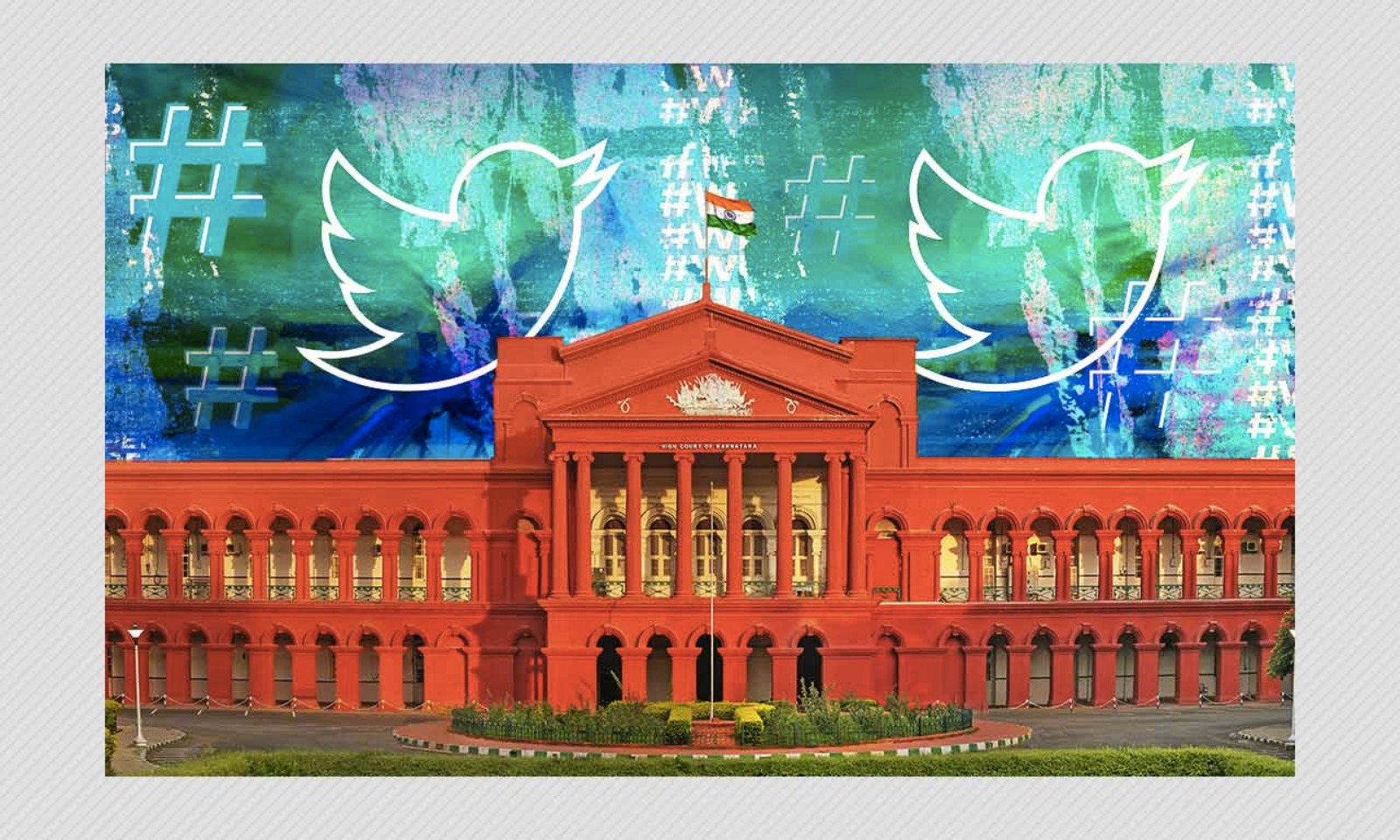Karnataka High Court on Monday (March 6) heard Twitter’s petition challenging the Centre’s content takedown orders in which the latter submitted its arguments against the petition. Additional Solicitor General (ASG) R Sankaranarayanan, appearing for the government, informed the court that Twitter did not appeared before the review committee to challenge the content blocking orders and instead approached the high court.
In July last year, before Elon Musk’s takeover and a major overhaul in the company subsequently, Twitter had taken the Indian government to the court, seeking to overturn its content takedown orders. The tech giant had then said that certain blocking orders by the Centre pertained to “political content that was posted by the official handles of political parties.”
“Blocking of such information is a violation of the freedom of speech guaranteed to citizen-users of the platform. Further, the content at issue does not have any apparent proximate relationship to the grounds under Section 69A,” Twitter had said in its lawsuit.
Earlier, the Ministry of Electronics and Information Technology (MeitY) had warned Twitter that if it failed to comply with the IT Rules, 2021, it would lose its social media intermediary status.
It must be noted that the intermediaries are protected by the law on certain grounds. Under Section 79 of the IT Act, intermediaries are “not liable for any third-party information, data, or communication link made available or hosted.”
The Centre on Monday submitted details of the responsibilities of intermediaries and the difference in the laws on intermediaries in India and the UK. It also gave details of the account holders to the Karnataka High Court whose Twitter handles were blocked for objectionable content.
The Centre also submitted the format of the notices issued to Twitter. The ASG has sought time to present more analysis and details.
The hearing took place before a single-judge bench of Justice Krishna S Dixit. The court has been adjourned for the next hearing on March 26.
MeitY has also proposed new amendments under the IT Rules, 2021, for social media intermediaries pertaining to policing “fake news” on social media platforms and other digital services.



![[CITYPNG.COM]White Google Play PlayStore Logo – 1500×1500](https://startupnews.fyi/wp-content/uploads/2025/08/CITYPNG.COMWhite-Google-Play-PlayStore-Logo-1500x1500-1-630x630.png)